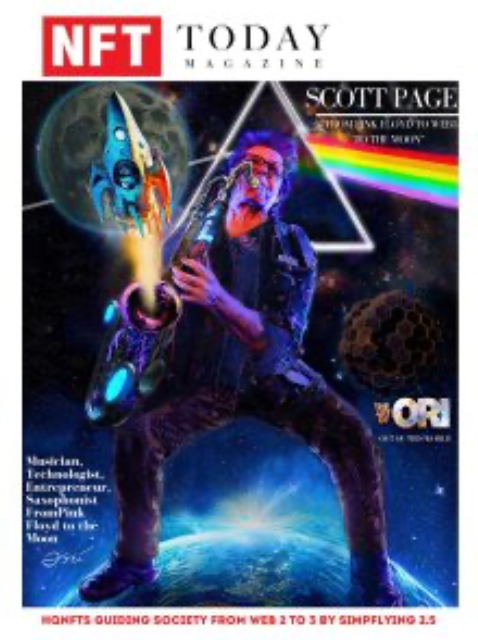Dark PR, Darker Patterns: DNC Influencer Leak Confirms the Rise of Undisclosed Influence Campaigns
Staff Writer • 2025-03-24
A new list of paid influencers tied to the Democratic Party reveals how ‘Dark Social’ is shaping modern political persuasion—on both sides A newly leaked list showing influencers reportedly on the payroll of the Democratic National Committee has thrown fresh light on a phenomenon long suspected in political media circles: Dark PR is not a right-wing anomaly—it’s a bipartisan strategy. The list, which includes social media personalities receiving monthly payments to promote left-aligned messaging, reads like a blueprint for what’s described in detail in the Dark Social exposé published by NFT Today. That feature unpacks how covert influence campaigns operate outside of mainstream media channels—leveraging micro-influencers, private message groups, algorithmic manipulation, and undisclosed payments to create the illusion of grassroots sentiment. This newly uncovered roster of DNC-backed creators is a case study in how Dark Social tactics have evolved from a theory into a tactical operating system used by political machines across the ideological spectrum. From Organic to Orchestrated At first glance, the influencers appear to be independent voices—posting TikToks on political trends, calling out opposition figures, or boosting turnout campaigns. But the payment records tell another story: they’re part of a centralized, funded communication effort, guided by party strategy, but masked in the language of authenticity. This falls squarely into what Dark Social warned about: "influence laundering"—the process by which talking points are embedded into peer-to-peer content streams, never labeled as ads, never seen as PR. The result is messaging that feels grassroots, but is really top-down. It’s Not Just the Right Doing It The exposure of right-wing meme pages, coordinated campaign trolls, and anonymous influencer accounts has dominated headlines in recent years. But the DNC list proves the same tools—micro-targeting, ghostwriting, covert funding—are equally present on the left. What’s changed is public awareness. Thanks to data leaks, platform breaches, and investigative reporting, we now have visibility into how “authentic” content can be engineered at scale. The Optics War Has Gone Dark Just as GPS and behavioral data were used to reveal potential astroturfing at rallies, influencer metadata is becoming a smoking gun for uncovering coordinated disinformation. Who’s posting, when they post, how closely their messages align with campaign timelines—these patterns are now traceable. And they match what Dark Social laid out as the new normal for digital-era political warfare. What Voters Should Know It’s not that every creator is a paid shill. But the Dark Social playbook shows that even a handful of well-placed influencers can tilt public perception, drive social proof, and suppress competing narratives—all without a single disclosure. And as this new DNC list proves, it’s happening in plain sight. When trust becomes a tool, and authenticity is manufactured, it’s not just politics that suffer—it’s the credibility of the internet itself.
See More Posts
A look at how NFTS, Web 3, Gaming, Cryptocurrencies and Blockchain are reshaping businesses across the globe.
@NFT Today Magazine


